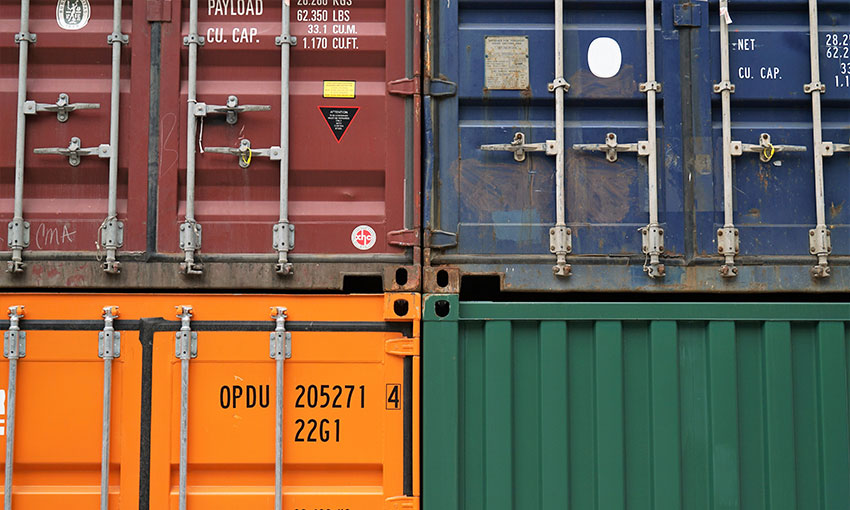THE PRODUCTIVITY Commission’s maritime logistics draft report was “ideologically motivated” and missed the mark on port productivity, according to an assessment by the Australia Institute’s Centre for Future Work. Its report, titled Lost at Sea, was published on 12 December and it was commissioned by the Maritime Union of Australia.
The Productivity Commission published Lifting productivity at Australia’s container ports: between water, wharf and warehouse in September this year.
The PC draft report analysed the structural issues affecting productivity in the nation’s maritime system, and though industry agreed the inquiry was necessary, its findings caused some division.
In the Lost at Sea report, economist Phil Toner challenged the methodology and conclusions of the PC report, which he believes “failed to properly interpret its own data”.
Lost at Sea noted several indicators of performance at Australian container ports, such as a 7.8% annual compound growth in the number of containers handled.
It also highlighted a 3.6% annual compound growth in containers handled per hour of work (more than twice the average productivity growth in the broader economy, it said) and a 5.9% annual compound growth in equivalent container units handled per crane.
Mr Toner’s report suggested the claims that Australian ports are not technically efficient rests on a “faulty methodology” that assumes ports should minimise use of productive inputs (such as space, capital and labour) to meet any given volume of traffic.
It argued that other criteria such as ship turnaround time and ability to respond to fluctuations in demand are more essential for shippers.
“Even the commission’s own abstract modelling confirms that Australian ports can be as efficient, or more efficient, than global benchmarks,” Mr Toner said.
“By more practical measures such as turnaround time, flexibility to accept fluctuations in volume, and safety, Australian ports are both efficient and successful.”
Lost at Sea also criticised the PC’s view that industrial relations and industrial action contribute to inefficiency at ports.
“The Productivity Commission report provides no hard evidence that workplace practices are reducing productivity in our ports,” he said.
“Its assertions are unbalanced and reflect an ideological predisposition to blame unions rather than careful empirical analysis.”
Lost at Sea concludes by urging the commonwealth government to reject the PC’s draft recommendation to revise the Fair Work Act to restrict collective bargaining and industrial activity in ports.

